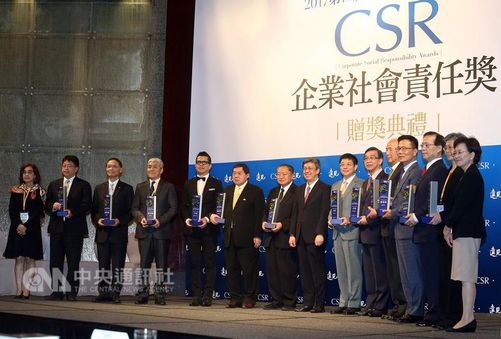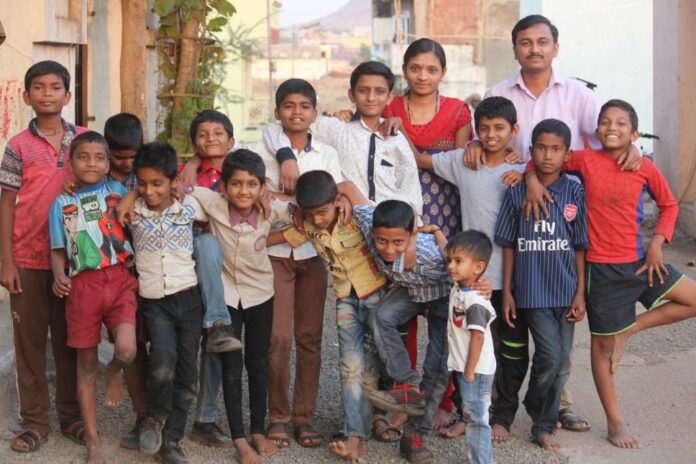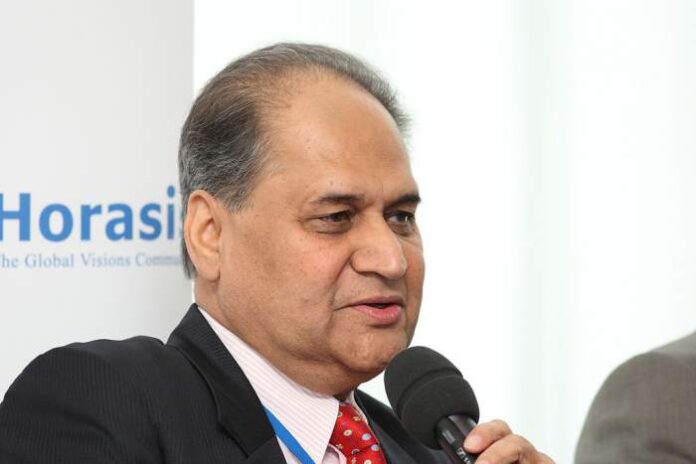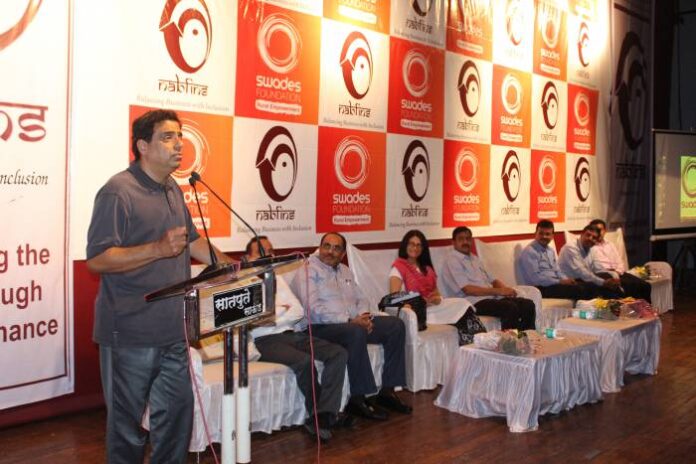Noted surgeon Dr. N K Pandey emphasised that sustainable development goals (SDGs) related to access to medicines and healthcare, should definitely be a priority for the government. Speaking at a conclave on the ‘Role of Industry Associations in Influencing Healthcare Innovations and Sustainable Development in India: Opportunities, Challenges, and Policy considerations’ organized by Open University of the UK and Centre for Responsible Business (CRB), Prof Theo Papaiannou from the Open University (UK) shared the findings of his research, ‘Unpacking the Role of Industry Associations in Innovation & Development’. He highlighted the importance of National Innovation System (NIS) in a country like India, emphasising on the linkages of institutional actors particularly industry and government.
The conclave held between major stakeholders from pharmaceutical and healthcare sector became more topical as recently Narendra Modi had announced his government resolve towards promoting standardised generic medicines. The need for doctors to prescribe generic medicines in India has often been raised before, but for the first time it has come from the Head of the Government.
With the above developments, there was a discussion on how the pharmaceutical industry and some of the other actors could address these concerns. Also, to understand what role needs to be played by the other key actors – government, regulators, industry associations and civil society to enable this.
Chairman & Managing Director of Asian Institute of Medical Sciences Padmashri Dr. N K Pandey stated that the implementation of Sustainable Development Goals (SDGs) needs every country to judiciously prioritise, and adapt the goals and targets in accordance with local challenges, capacities and resources available.
Prof Papaiannou, while sharing the findings of his research, ‘Unpacking the Role of Industry Associations in Innovation & Development’ highlighted the importance of National Innovation System (NIS) in a country like India, emphasising on the linkages of institutional actors particularly industry and government. He added from the research that the historical relationships between governments and industry have influenced each other’s activities. Their relationships are complex and their evolutionary trajectories have been shaped by government industry relations over the phases of economic liberalisation. Industry associations are more effective when industry is relatively cohesive and able to speak with one voice.
Ranjit Madan, CEO of Life Sciences Sector Skills Council stressed that skilling in this industry has been targeted at the youth from around the major pharma ‘clusters’ in Himachal Pradesh, Maharashtra, Andhra Pradesh, Telengana, Gujarat and Karnataka.
There was some consensus across the table of the need for establishing a multi-stakeholder dialogue forum on responsible pharmaceutical sector in the country, and take into consideration some of the following key action points:
- Capture people’s voice in policymaking (especially given the strength of the public health movement in the country)
- Analyse factors that influence the nature of government-business relations in the pharma industry
- Accord adequate attention towards prevention, and not only on treatment
- Consider developing industry ‘code of conduct’ by Industry Associations for members
- Need for Skill-gap analysis in the sector and assess availability of ‘skilling partners’
This has happened at a time, when the Department of Pharmaceutical had already sought public comments for improving accessibility, affordability and availability of medicines in the country, especially given a large section of the population still faces considerable difficulty in obtaining medicines.
Thank you for reading the story until the very end. We appreciate the time you have given us. In addition, your thoughts and inputs will genuinely make a difference to us. Please do drop in a line and help us do better.
Regards,
The CSR Journal Team




















